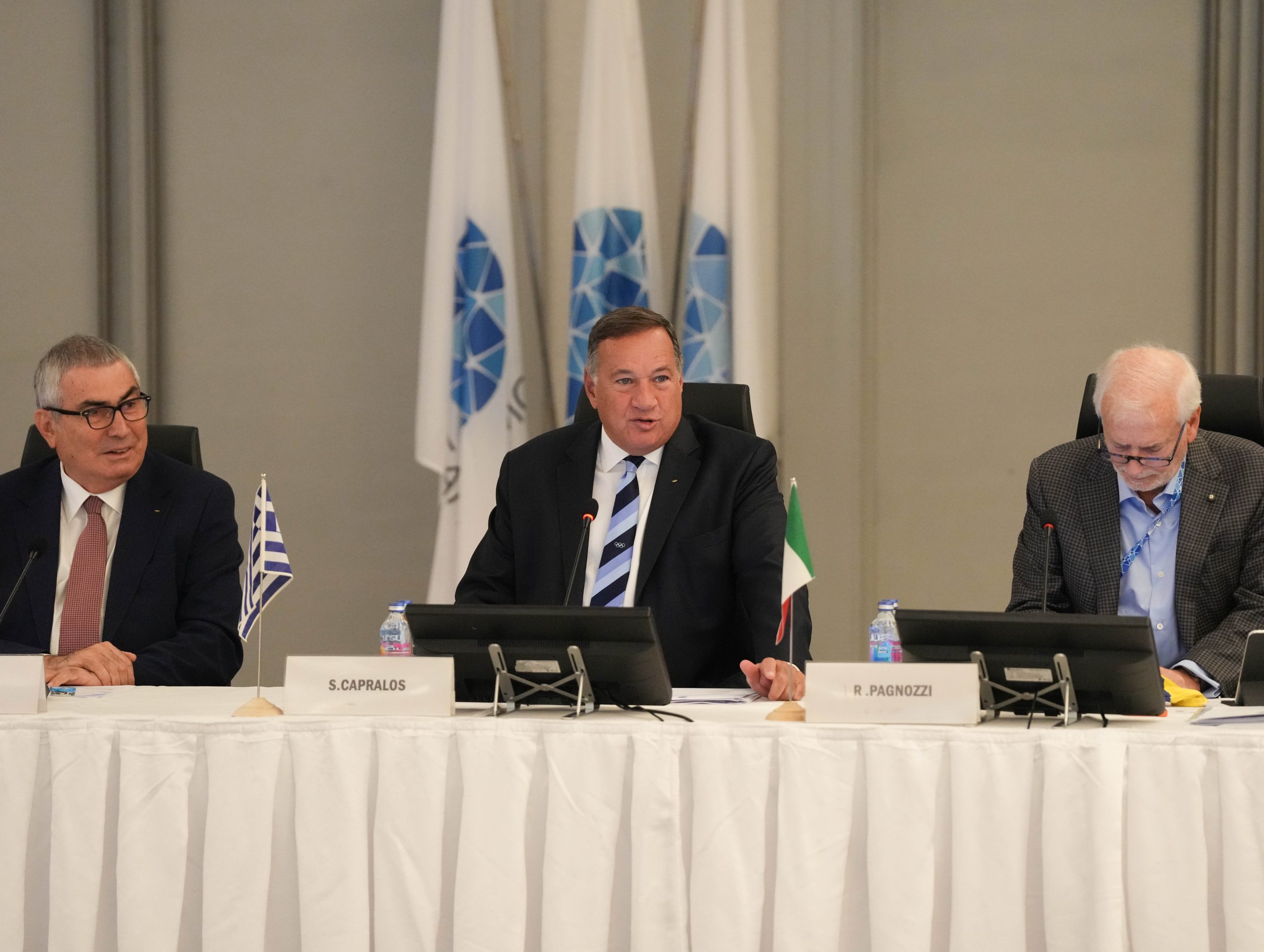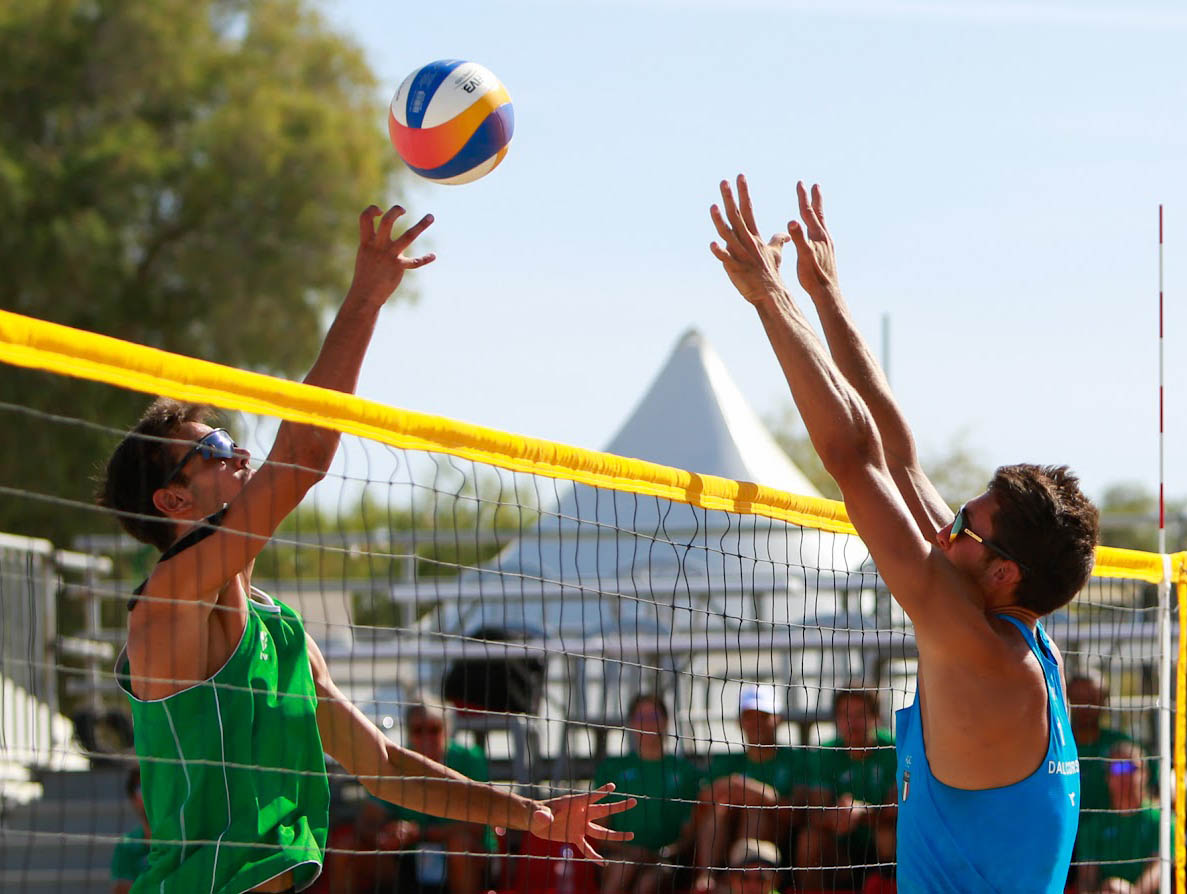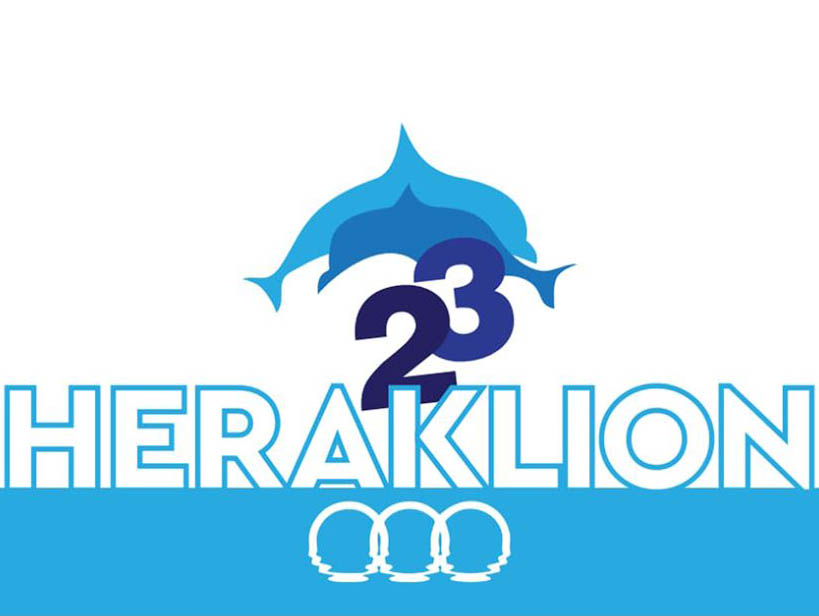1. 12th European Sports Forum in Verona
The 12th European Sports Forum was held from 21st-22nd November in Verona this year. The European Year of People with Disabilities and the presentation of the official logo for the European Year of Education through Sport 2004 were, among other things, on the agenda.
In the view of the participants of the workshop Sport as a factor for social integration, social integration represents one of the big challenges for Europe in the future, particularly against the background of the expansion of the Community.
The participants described as positive the Role of European sport in the international context. In view of the fact that most international sports associations have their headquarters in Europe, Europe also represents the centre of international sport. The challenges facing sport in Europe were also noted however, particularly drug-taking, violence, hooliganism and racism. It was emphasised that these problems must be fought without concessions.
The Sport and Media working group summed up by saying that technical progress could become not only beneficial to sport but also a threat to its existence and development if, for example, young people are prevented by the virtual world from practising sport.
For the first time, not only representatives of the 15 current Member States were invited to the European Sports Forum, but also representatives of the 10 associated States that will be admitted into the European Community on 1st May 2004.
In the coming year, the European Sports Forum is due to be held in Brussels.
2. Town Twinning 2004
The European Commission published the call for the support to town twinning actions subject to the release of the appropriation by the budgetary authority.
As a result of the new draft budget for 2004 the Commission presented a proposal for a Decision aimed at establishing a Community action programme to promote active European citizenship. This proposal is being examined in Parliament and in the Council. Actions can be supported only when there is a specific legal basis. This call is published now in order to permit rapid start up of the grant selection and award procedures.
This call for proposals is designed to promote events and actions in the framework of town twinning which contribute towards bringing the peoples of Europe closer together and reinforcing European awareness.
The call for proposal is aimed at supporting two kinds of actions:
A – Meetings of citizens of twinned towns and municipalities,
B – Conferences on European themes relating to town twinning, and training and information seminars for town twinning officers
Applicants have to be citizens from Member States of the European Union or from one of the New Member States. Proposals from an applicant in an EFTA / EEA country may be accepted by the Commission only if adequate agreements have been concluded.
Eligible are meetings or workshops with an educational programme referring to current European subjects. In this call for proposal education through sport is listed expressly among those topics. For associations which already have international contacts this call is a good possibility to improve their partnerships in cooperation with their local governments.
Grants are awarded by applying fixed rates for organisational costs and travel expanses. The minimum grant is 2000 Euro and the maximum is 20 000 Euro per project. The call for proposals is broken down into five phases, the deadlines for submission of grant applications are each time 4 months before the planned action.
The first deadline ends at the 15th of December 2003 concerning measures which begin between the 1st of April and 15th of May 2004.
Further information about deadlines and eligibility criteria are written in the call given below under:
http://europa.eu.int/comm/dgs/education_culture/towntwin/index_en.html
3. UN declares International Year for Sport and Physical Education
At the general assembly of the United Nations (UN) on 3rd November 2003 in New York, the resolution Sport for peace and development was unanimously adopted, with 190 States voting in favour. It included the following subsidiary items:
a) Building a peaceful and better world through sport and the Olympic ideal
b) 2005 International Year for Sport and Physical Education.
As part of this resolution, it was also decided to observe an Olympic Truce during the Olympic Games in Athens 2004.
The Tunisian Minister for Sport, Abderrahim ZOUARI, together with the Foreign Minister of Greece, George PAPANDREOU, presented the Tunisian draft resolution. In his talk, Mr ZOUARI pointed out that the draft resolution is essentially based on the findings of the report entitled Sport for peace and development.
In their position statements, both Ministers emphasised the special significance of sport for dialogue, communication, international understanding, peace and education. In addition to these functions, which are so important for society, however, sport can also contribute a great deal to social and economic development. The two government representatives asked the UN institutions to make better use of the positive aspects of sport in the context of their activities. The UN institutions should seek contact with sports organisations and build partnerships, in order to guarantee more effectively the achievement of the development aims the so-called Millennium Development Goals (MDGs).
4. Eurobarometer survey
A few weeks before the start of the European Year of Education through Sport, the European Commission published the initial findings of a Eurobarometer survey for which approximately 16,000 people in the 15 Member States were interviewed in September 2003.
According to this survey, almost two-thirds of Europeans see team spirit as the most important ideal of sport. In addition, an overwhelming majority of those interviewed is in favour of a closer link between education and sport, above all greater consideration of sport in teaching curricula.
Among other things, the participants in this survey were asked whether and how often they pursue a sports activity, whereby a distinction was made between sport within and outside of clubs. In principle, almost half of Europeans practices a type of sport or is involved in some sporting activity at least once a week.
In reply to the question as to what aims they pursue with their sporting activity, 8 out of 10 of those asked said that sport serves to improve physical and psychological health. More than 80 per cent of Europeans see sport as a possibility to promote dialogue among various cultures and to fight any form of discrimination.
But the risks and dangers involved in sport are also viewed with concern by those asked. Thus, for example, three-quarters of all those interviewed said they are worried about the drugs problem and called for a greater involvement of the European Union in combating drug-taking.
Europeans have high expectations of the role of the European Commission in developing the links between sport and education. Almost two-thirds of those asked are of the opinion that the EU should more actively promote education through sport.
Further information and detailed survey findings:
http://europa.eu.int/comm/public_opinion (French only)

















